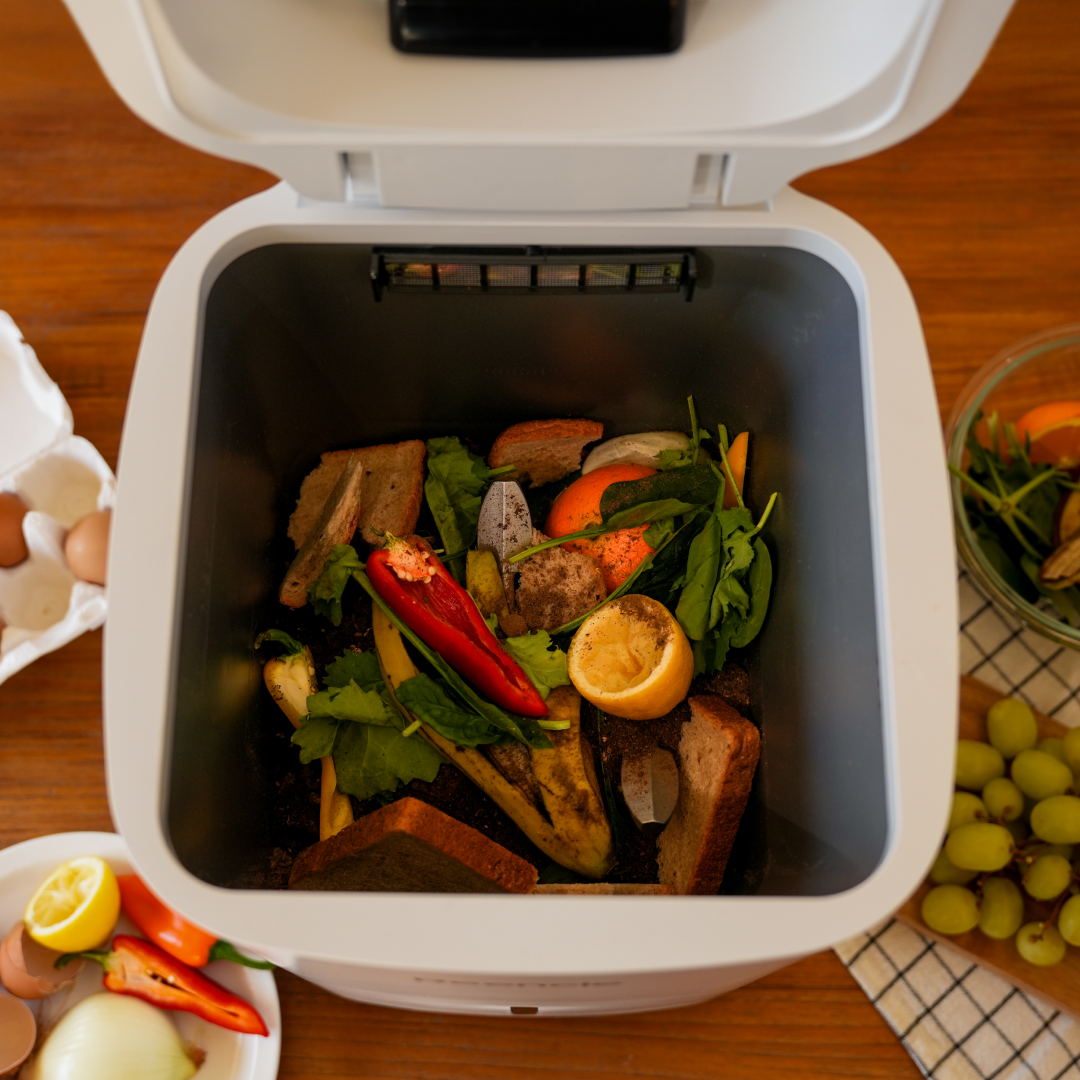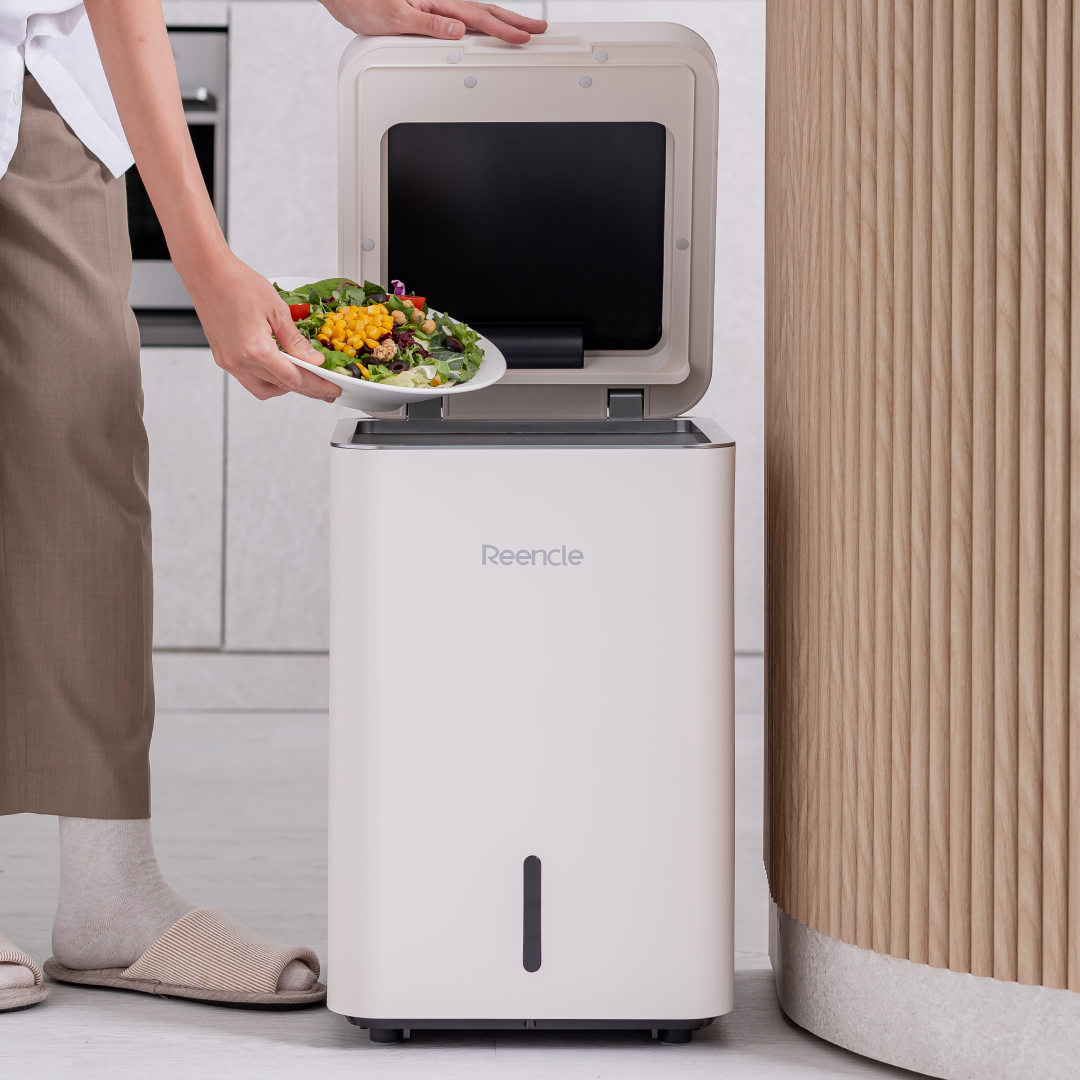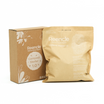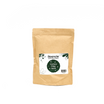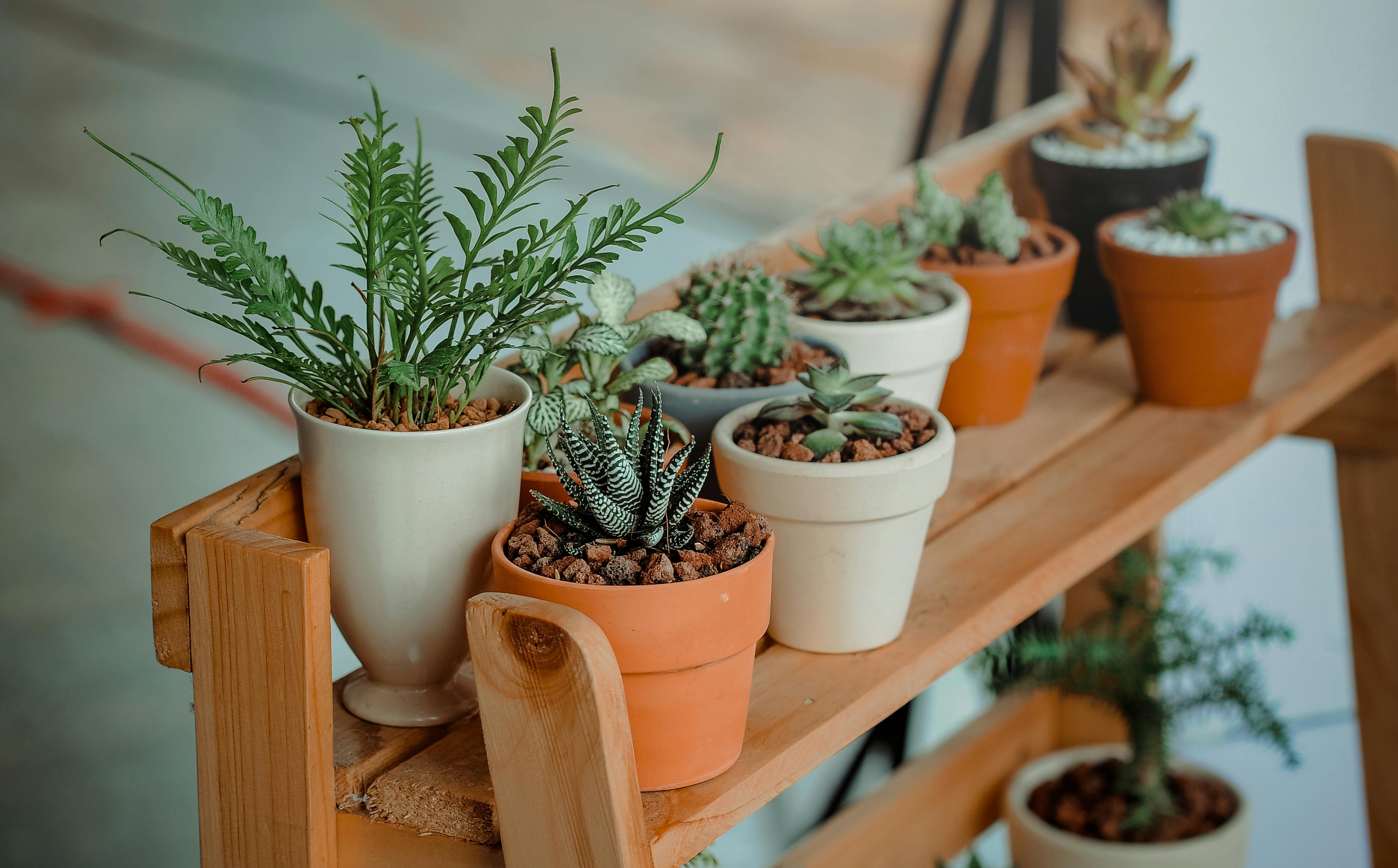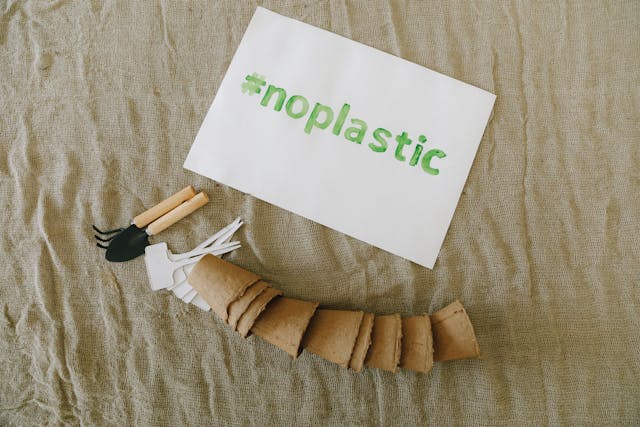Community Composting Programs:
How to Get Involved

Have you ever stopped to think about the fate of your banana peels, eggshells, and coffee grounds after they leave your kitchen? Unfortunately, a significant portion of this organic waste ends up in landfills, where it decomposes anaerobically, releasing harmful methane gas into the atmosphere. This contributes to climate change and poses a significant environmental threat.
But what if there was a way to transform this waste into a valuable resource - a nutrient-rich soil amendment that nourishes gardens and revitalizes landscapes?
Enter composting – the natural process of decomposing organic matter into compost, a dark, crumbly substance that enriches the soil and promotes plant growth.
However, for many individuals and families, composting at home may not be feasible due to space constraints or lack of knowledge. This is where community composting programs come into play as a solution to the problem.
Community composting programs offer an innovative solution, allowing individuals who cannot compost at home to contribute to a sustainable future.
This blog is specifically targeted towards those who, due to space limitations, lack of knowledge, or other reasons, are unable to embark on a personal composting journey. We'll explore the numerous benefits of community composting and guide you through the process of getting involved in these enriching initiatives.
How Community Composting Works?
Community composting operates on the principle of collective action and shared resources. Unlike traditional backyard composting, where individuals manage their compost bins independently, community composting involves pooling resources and labor to manage larger-scale composting operations.
There are various models of community composting programs, ranging from centralized drop-off locations to decentralized neighborhood composting hubs. In centralized programs, residents bring their food scraps and yard waste to a designated composting facility, where trained staff manage the composting process. In decentralized models, volunteers or community organizations coordinate composting efforts at multiple locations within a neighborhood or community.
Regardless of the model, the composting process typically involves several stages: collection, processing, and distribution.
● Participants separate their organic waste from other trash and deposit it in designated containers or bins.
● Volunteers or staff then transport the collected material to a composting site, where it undergoes decomposition through microbial activity.
● Once the compost is fully matured, it is distributed back to the community for use in gardens, parks, and landscaping projects.
Why Consider Community Composting?
Composting at home can be incredibly rewarding, but it's not always feasible for everyone. Limited space, especially in urban apartments, can be a major barrier. Additionally, concerns about attracting pests, managing odor, or simply lacking the necessary knowledge can deter individuals from attempting to compost independently.
Community composting programs offer a convenient and accessible alternative. Here's how they can benefit those who can't compost at home:
● Accessibility: These programs eliminate the need for dedicated space and specialized equipment, making composting accessible to everyone, regardless of their living situation.
● Convenience: Community composting programs manage the composting process, eliminating the burden of maintaining a compost pile at home. This translates to less mess, odor, and worry about attracting pests.
● Educational opportunities: Many programs offer workshops and resources to educate participants about composting best practices. This empowers individuals to gain valuable knowledge and potentially start composting at home in the future.
● Community building: Participating in a community composting program fosters a sense of shared responsibility for environmental sustainability. It allows individuals to connect with like-minded neighbors and contribute to a collective effort towards a greener future.
How to Get Involved in Community Composting?
Ready to embrace the benefits of community composting? Here's how to get started:
● Finding a program: Numerous online directories and search engines, like Find a Composter, can help you locate programs operating in your area. Additionally, contacting local community gardens, environmental groups, or even your waste management authority can provide valuable information about existing initiatives. Don't hesitate to ask your neighbors, friends, or local businesses for recommendations as well.
● Types of programs: Community composting programs come in various forms. Drop-off centers allow you to bring your compostable materials to designated locations. Subscription services offer convenient pick-up options directly from your doorstep. Some community gardens also integrate composting into their operations, allowing members to contribute food scraps and benefit from the finished compost.
● What to expect: The involvement process typically involves familiarizing yourself with the program's guidelines and accepted materials. Drop-off centers usually have designated bins for specific types of organic waste. Subscription services often provide specific containers or collection bags for easy participation. Many programs offer volunteer opportunities, allowing you to gain hands-on experience and contribute to the composting process.
● Supporting the cause: Even if you can't actively participate in a program, there are other ways to contribute. Spreading awareness about community composting among your friends and family can significantly increase program visibility and participation. Advocating for local authorities to support and expand these initiatives can create broader systemic change. Fundraising efforts or volunteering your skills can also directly support the program's operations.
Tips for Successful Community Composting
To ensure the success of a community composting program, it's essential to follow best practices for composting and waste management. Here are some tips to help you get started:
● Sort Waste Properly: Separate organic waste from non-compostable materials such as plastic, glass, and metal.
● Maintain Compost Bins and Piles: Regularly turn and aerate compost piles to promote decomposition and prevent odors.
● Monitor Moisture Levels: Keep compost piles moist but not waterlogged to support microbial activity.
● Balance Carbon and Nitrogen: Maintain a balanced ratio of carbon-rich (e.g., leaves, straw) and nitrogen-rich (e.g., food scraps, grass clippings) materials in your compost piles.
● Be Patient: Composting is a natural process that takes time. Be patient and allow sufficient time for your compost to mature before using it in your garden or landscaping projects.
By following these guidelines and working collaboratively with your community, you can create a successful and sustainable composting program that benefits both the environment and the people who call it home.
Conclusion
Community composting programs offer a win-win situation for individuals and the environment. They provide a convenient and accessible way to divert organic waste from landfills, reduce greenhouse gas emissions, and create nutrient-rich compost for gardens and agricultural use.
By participating in or supporting these initiatives, you're not only contributing to a sustainable future but also fostering a sense of community and shared responsibility for our planet. Remember, every bit of food scrap diverted from the landfill makes a difference. So, take the first step, find a community composting program near you, and become a part of the solution!


